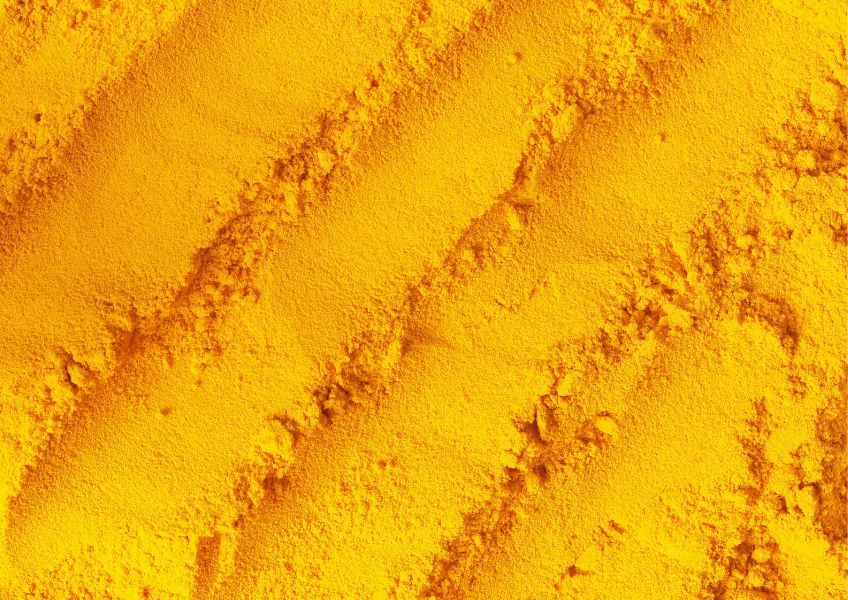Historically revered in traditional medicine, turmeric has now earned its spotlight in the West for its myriad of health benefits. Primarily attributed to its active ingredient, curcumin, turmeric is not only a culinary spice but also a promising health supplement. However, as with all natural remedies, it’s crucial to approach turmeric with a balanced perspective, understanding both its benefits and potential side effects.
> > Is turmeric right for you? Read Turmeric MD™ reviews and find out!
Health Benefits Of Turmeric
- Anti-inflammatory Properties: Turmeric’s anti-inflammatory attributes make it an ideal natural remedy. Chronic inflammation is an underlying factor in many diseases, including heart disease and diabetes (1).
- Antioxidant Boost: Curcumin is renowned as a potent antioxidant. Antioxidants help combat oxidative stress, which can contribute to chronic diseases and the aging process (2).
- Brain Health: Curcumin can enhance brain levels of Brain-Derived Neurotrophic Factor (BDNF). Elevated BDNF can potentially counteract certain brain diseases and age-associated cognitive decline.
- Natural Relief for Joint Pain: Many arthritis patients have reported relief after integrating turmeric supplements, courtesy of curcumin’s powerful anti-inflammatory effects.
- Digestive Health: For centuries, turmeric has been used to alleviate digestive discomfort. Contemporary research supports its role in soothing indigestion, gas, and bloating (3).
Potential Side Effects Of Turmeric
While turmeric has multiple health advantages, excessive or prolonged consumption can lead to:
- Digestive Issues: Overconsumption might result in an upset stomach, or even ulcers, due to elevated stomach acid levels.
- Blood Thinning: Turmeric has natural anticoagulant properties. If you’re on blood-thinning medication or prepping for surgery, it’s wise to discuss turmeric intake with a healthcare provider.
- Gallbladder Concerns: Those with gallstones or bile duct obstructions should tread carefully, as turmeric could aggravate these conditions.
- Medicinal Interactions: Turmeric could potentially reduce the effectiveness of certain medications, including those for inflammation and diabetes.
Always prioritize quality when choosing turmeric supplements. While most individuals won’t experience these side effects, always consult with a medical professional before making significant changes to your health regimen.
> > Don't just take our word for it. See what our users think!
In Conclusion
Turmeric, with its ancient roots and modern appeal, offers a plethora of health benefits. By being informed about both its advantages and precautions—and ensuring that you get a quality product—you can seamlessly integrate this golden spice into your wellness journey. Remember, moderation is key, and always liaise with your healthcare provider when in doubt.

